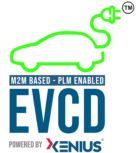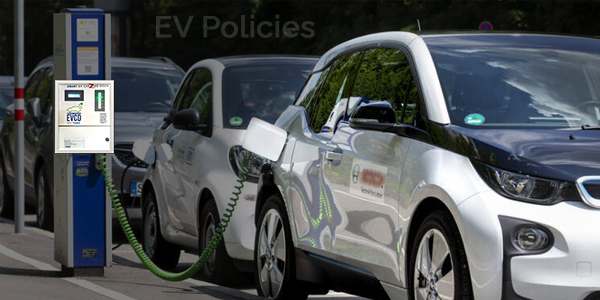What states have to offer for EVs-Part III
September 20, 2021 2022-01-07 5:32What states have to offer for EVs-Part III
We noted in the last piece, how Himachal Pradesh is aiming to be a role model for other hilly states in terms of EV adoption and how Uttarakhand has set an ambitious target of 100 pc electrification of all commercial and public transport vehicles in the state. In this write-up, we focus on the EV policies of three more states.
There is no dearth of incentives offered by various state governments to encourage the adoption of electrical vehicles. And every state has taken sufficient care to make its EV policy as feasible as possible. Let’s have a close look at what these following states have packed in their EV policies:
- The Government will establish a Meghalaya Electric Vehicle Adoption Fund to monitor the implementation of the policy in the state.
- Bihar aims to create a complete ecosystem of manufacturing and charging infrastructure that supports FAME-II scheme of the Centre.
- Odisha has a very small fleet of EVs – around 5,000 till date – as a result of which only 18 charging stations are set up across the state.
MEGHALAYA: The state rolled out its EV policy this year with the aim of reaching at least 15 pc of the total sales of vehicles to be EVs in the next five years. The Government aims to provide incentives to 20,000 EVs in the next five years. Registration fees and road tax will be waived on all types of EVs purchased within the policy period. The Government will establish a Meghalaya Electric Vehicle Adoption Fund (MEVAF) to monitor the implementation of the policy in the state. The Government is estimated to provide total incentives of more than Rs 25 crore. An incentive of Rs 10,000 per kWh will be offered on each two-wheeler with a maximum limit of Rs 20,000 and an incentive of Rs 4,000 per kWh will be offered on each three-wheeler and four-wheeler with a maximum limit of Rs 20,000 and Rs 60,000 respectively.
BIHAR: The EV policy was launched in the state on June 14, 2019 with a vision to make Bihar one of the most preferred destinations for investment and create 50,000 new jobs in this sector. The aim is to create a complete ecosystem of manufacturing and charging infrastructure that supports the FAME-II scheme of the Centre. The Government of Bihar offers an incentive of Rs 10,000 per kWh with a maximum limit of Rs 50,000 for two- and three-wheelers, Rs 1.5 lakh for four-wheelers and Rs 25 lakh for e-buses.
ODISHA: It became the tenth state in the country to adopt its own EV policy, in August this year. The Odisha Cabinet approved the EV Policy 2021 with the aim of achieving at least 20 per cent of all the new vehicle registrations to be EVs by the year 2025. Under the policy, various financial incentives and subsidies are being offered for manufacturing industries, purchases and scrapping industries. According to the Centre’ think-tank NITI Aayog, Odisha has a very small fleet of EVs – around 5,000 till date – as a result of which only 18 charging stations are set up across the state. The EV policy is expected to not only boost the sales of EVs but also improve the existing EV charging infrastructure in Odisha.
To be continued…



